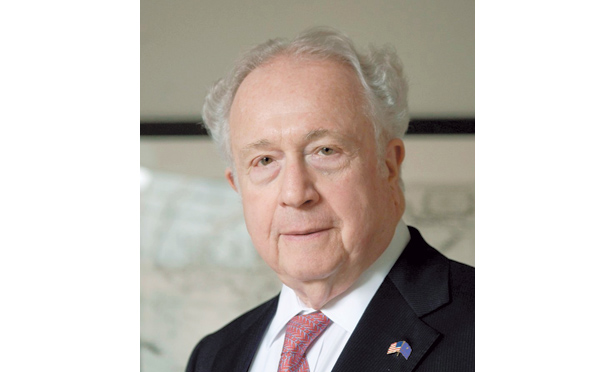Not surprisingly, Martin Lipton has penned a scathing response to a recent paper in which a pair of professors suggested that a 45-year-old federal law is the best weapon for defeating the so-called poison pill defense against unsolicited corporate takeovers.
In “A Response to Bebchuk and Jackson’s Toward a Constitutional Review of the Poison Pill,” Lipton, a founding Wachtell Lipton Rosen & Katz partner—and the creator of the poison pill defense, which allows for the dissolution of shares in the event of a hostile takeover attempt—writes, “Professors Lucian Bebchuk and Robert Jackson have extended Professor Bebchuk’s extreme and eccentric campaign against director-centric governance into a new realm—that of the Constitution of the United States.” (Lipon’s response is published on the Harvard Law School forum on corporate governance and financial regulation.)
Add Lipton and his coauthors—and fellow Wachtell partners—Theodore Mirvis, George Conway III, Jeffrey Wintner, and William Savitt, wrote: “Bebchuk and Jackson’s paper is tendentious and misleading—and, in material respects, simply wrong. It is not a work of serious scholarship. It is an attempt at advocacy, but fails even at that.”
As law.com has previously reported, Bebchuk, a Harvard Law School professor who directs the school’s corporate governance program, and Jackson, an associate professor of law at Columbia Law School, wrote in the paper that drew Lipton’s ire that the potential of the law in question, the Williams Act, to trump poison pills has been largely ignored since its passage in 1968.
In his withering response, Lipton rebuts Bebchuk’s conclusions with a exhaustive list of case law that in his view shuts down Bebchuk’s theory. Among the decisions cited by Lipton and his colleagues is one authored by United States Court of Appeals for the Seventh Circuit Judge Frank Easterbrook that, in rejecting one particular poison pill challenge, notes specifically that “[n]one of these devices could be thought preempted by the Williams Act.
Bebchuk did not immediately respond to an emailed request for comment.






